Among the many responsibilities managers have today, putting their people first and driving team engagement are two of the most critical. Yet, so many leaders allow the fast-paced nature of their jobs to hijack their focus, causing them to interact with team members haphazardly and unintentionally.
This clumsy approach often leads to decreased engagement and a sense of detachment within their teams. But, as Stephen Covey so wisely and simply puts it, “The main thing is to keep the main thing the main thing.”
For leaders, the main thing should be LEADERSHIP. So, let’s take a moment to appreciate the benefits of intentional leadership and make LEADERSHIP the main thing!
What is intentional leadership?
Intentional Leadership is a mindful approach to managing teams whereby leaders consciously behave, speak, influence and lead with their values, their strategy and their people’s needs in the forefront. Leading with intentionally increases team member engagement and overall company performance.

What are the fundamental elements of intentional leadership?
Great leaders manage their teams with authentic, individualized, values-based intent. A highly effective recipe for this approach is using intentional Leadership. When appropriately used, intentional leadership increases team engagement and performance.
There are 7 core elements that drive intentional leadership:
- Awareness
- Connection
- Decision Making
- Presence
- Impact
- Growth
- Intuition
Let’s dive a bit deeper into each of these core fundamental concepts:
1. AWARENESS
Intentional awareness is critical for effective and influential leadership. We must be aware of not only ourselves but also of others and our business.
Self-Awareness
Knowing ourselves, our values, leadership philosophy, what energizes us, what drains us, etc., is imperative for becoming a credible, trustworthy, and consistent leader.
Awareness of Others
Knowing your team, demonstrating emotional intelligence, and becoming intentionally “others-focused” helps drive engagement and a sense of belonging within the team.
Awareness of the Business
Knowing the key business drivers for your company and how you and your team impact/interact with those key drivers separates the short-term and soft leaders from the long-term, influential leaders who inspire real change and high performance.
2. CONNECTION
Most of us consciously want authentic human connection in our personal and professional lives, and ALL of us subconsciously need it. Not only does social connection help us thrive as a species, but it also allows leaders to drive change and influence their teams in a strategic direction.
The leaders who garner the most followership prioritize relationships and create connections based on mutual trust and respect. This is an intentional practice and skill set that can be developed over time.
3. DECISION MAKING
Our choices define our existence; decisions about time management, attention & focus, communication, goals, etc., all impact how our personal and professional lives unfold. The small choices – or even habits – we enact each day make us who we are and determine how successful we become.
On a leadership level, we need to be intentional about our decisions – our habits – and how we’re driving our team forward, backward, or sideways. If we’re not intentional about our decisions, we lead the team in a clumsy, haphazard way that leads to low performance.
4. PRESENCE
As Maya Angelou so beautifully articulates, “people will forget what you said, people will forget what you did, but people will never forget how you made them feel.”
Leaders have the opportunity of a lifetime to influence their team members in a positive direction. This can be done through promotions, pay increases, and high performance, but it’s also done by making team members FEEL inspired, challenged, acknowledged, valued, and cared for.
By using presence as a tool, leaders can positively influence others through spoken word, non-verbals, leading by example, and authenticity. This ‘professional brand’ is something leaders need to define, for if not, others will define this for us.
5. IMPACT
Being intentional about the impact we have on others and the business is paramount. A leader can haphazardly complete random tasks, firefight, plug holes and place Band-Aids on bullet holes; OR they can set clear goals, become more strategic, and measure the outcomes (impact) they have on the systems within which they operate. The latter is clearly the preferred choice.
6. GROWTH
Becoming a great leader takes time and experience and is typically accompanied by a shift from a fixed mindset to a growth mindset. At its core, a growth mindset is a mature reaction to failure. When this happens, the individual shifts their focus from shame and guilt tied to continuous learning to improvement resulting from failure.
Carol Dweck famously discusses a growth mindset as a continuous learning process that empowers us to have greater free will within our lives. This leads to high performance, increased occurrences of success against long-term goals, and ultimately, self-actualization. An intentional leader practices a growth mindset themselves and, in doing so, provides growth and learning opportunities for their team.
7. INTUITION
In today’s world of work, we have more data than we know what to do with, more compliance and regulatory rules than we know how to follow, and all the information on the web at our fingertips. Unfortunately, with all of this information overload, we’re drifting a bit further away from trusting our own intuition than we should.
It never hurts to collect data and verify our gut instincts. Still, there are times where no amount of google searching or data analytics can replace our personal and professional intuition. Instead, we need to reconnect with our inner instincts and learn to be mindful of our intuition – it is way more powerful and accurate than we give it credit for.

SUMMARY
How do you feel after reading these quick tips on Intentional Leadership? Is it safe to say that leaders would benefit from being even slightly more intentional in each of these seven categories?
Suppose you answered yes to that question and feel like it’s worth investing more in your development. In that case, you can look at our Executive Coaching services for more information and resources on developing your intentional leadership skills.
Or simply reach out to us at 3PC to dig into your specific situation further.
At the end of the day – We leaders need to take a deep breath, slow down and remember to keep LEADERSHIP the main thing!!
Did you enjoy this article? You may also enjoy:
How Successful Leaders Use The Flow State To Accomplish Challenging Tasks



0 Comments